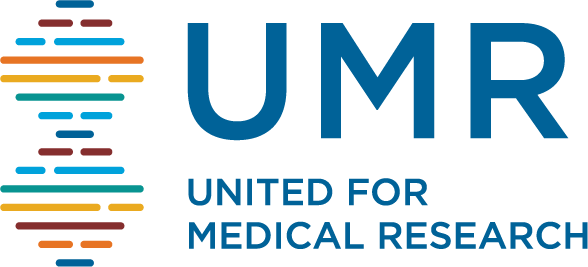For future medical breakthroughs, we must rebuild research lost to COVID
Perhaps even more than past breakthroughs, the novel COVID-19 mRNA vaccines have inspired immediate and widespread relief and optimism. Biomedical scientists labored for decades to develop the expertise and proof of feasibility that led to the vaccines; this innovative work has saved countless lives and promises an end to a pandemic that has killed millions … Continued
